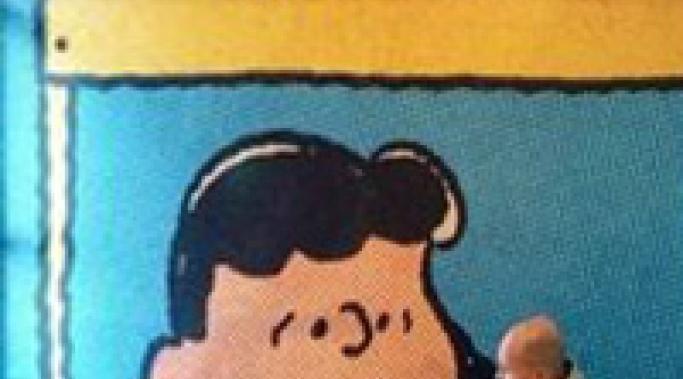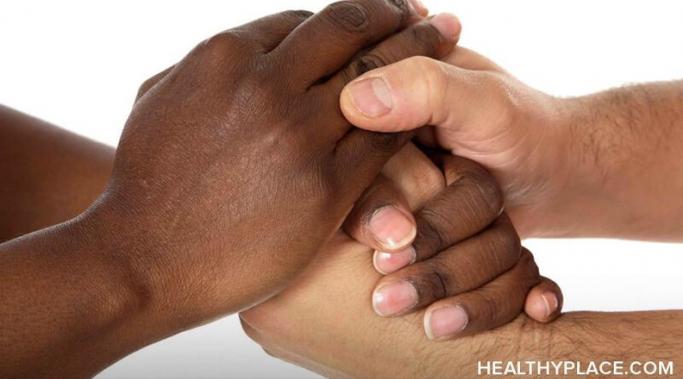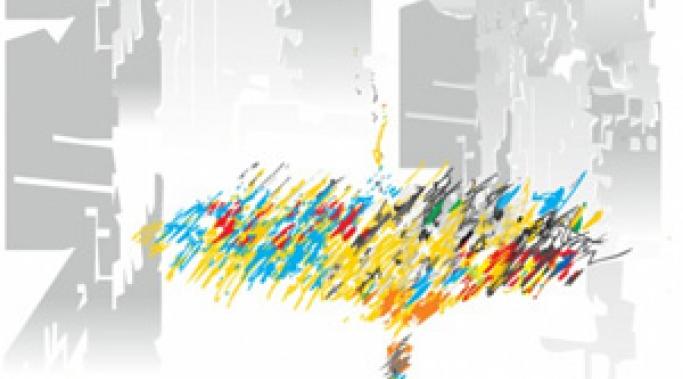When I discovered I was bipolar, I suddenly became scared of everything. Things that never crossed my mind started to shudder through my bones and produce endless waterfalls of tears. I was afraid of diagnosis. I was afraid of what it meant. I was afraid of psychiatrists. I was afraid of treatment. I was afraid of not getting treatment. I was afraid of what the treatment would do to me.
Mental illness means being afraid.
Bipolar Diagnosis
It's tempting to think that because we read a list of symptoms for a mental illness, we can diagnose ourselves. We might think that taking a self-test online indicates the presence of an illness, or lack thereof. These things, however, are simply not the case.
I talk to many people who want to help a person with a mental illness. Often the people they want to help are loved ones who have just been diagnosed with a mental illness and those who want to help feel powerless.
The “helpers” have a hard job, but let me just say, we love you for it.
I was recently having lunch with a woman who has a series of medical issues, including pain management. One of the medications she is on is oxycodone. She said she would like to get off of the oxycodone but when she has tried, the pain has been unbearable and no other pain medication would touch her pain. So I asked her, "if this medication is working for you and other medications don’t work, then why are you trying to get off of it?"
She said it was because of the stigma attached to that medication.
So I told her something important – you can’t let stigma make your treatment decisions.
There is a common refrain that if you looked in the DSM, everyone would have some mental disorder. And in point of fact, many symptoms are fairly generic and can be attributed to many. Fatigue, insomnia, thoughts of death, loss of pleasure and weight loss are part of the depression diagnosis.
But the part no one seems to remember is what’s under that,
The symptoms cause clinically significant distress or impairment in social, occupational, or other important areas of functioning.
Charlie Sheen's recent remarks may seen funny to some, but when I look at his statements and actions, to me they scream mania, a symptom of bipolar disorder.
This week one of my Twitter followers asked me for advice on communicating with her friends and family about her mental illness. She has only recently started telling people of her illness and she wasn’t sure on how to express her needs around her mental illness.
This is a great question and one I think every person with a mental illness faces. How do you tell people about your mental illness needs?
Being diagnosed as bipolar is a scary thing. It can happen in a number of ways, but if you’re like most of us, you probably didn’t know what was wrong for a long time, then you were misdiagnosed and then sometime later, you got the moniker of “bipolar”. Few of us go right from episode to bipolar diagnosis.
But regardless of how you got here, what do you do next?
In late 1998, I knew that something was wrong with me. My life was going well; I was in university, on my way to a computer science degree, in the co-op program and had completed an eight-month job in Calgary. I had been contented and grateful since leaving my mother’s house and moving to a new town. I was more happy than I had been in years. But little by little, I found myself increasingly sad and life became peppered with bouts of meaningless, spontaneously crying. I was unreasonably moved by the foretold unfolding of TV plots and commercials.
In November 1998, I found myself in a pitch-black room, unable to get out of bed for an entire day. I was in the south of Spain, a ten minute walk from white sandy beaches and half-naked women. That was the moment I truly realized I was broken: I was in heaven and yet crushed with sadness.




